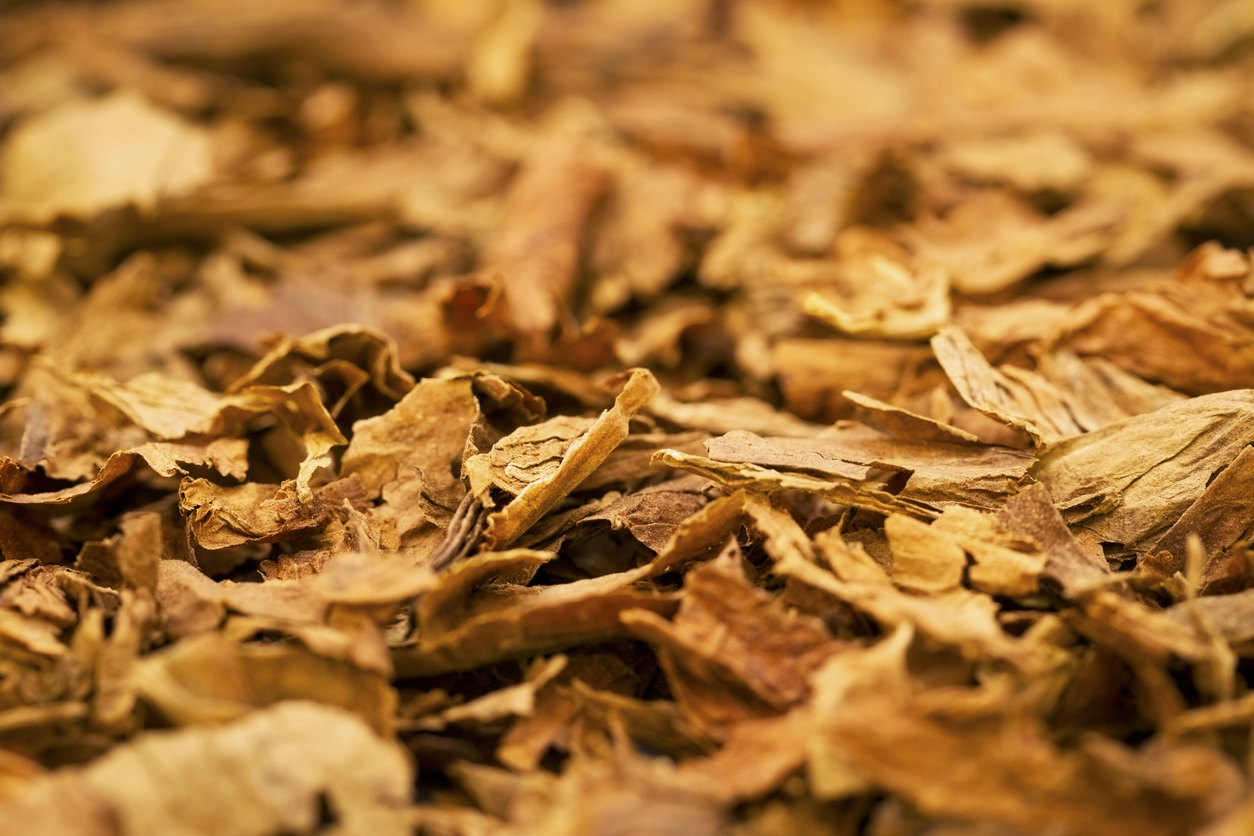How to Buy and Export Tobacco from Burundi
How to Buy and Export Tobacco from Burundi
Burundi is a small country in Africa with a population of just over 10 million people and a GDP of just $2 billion. The majority of the country’s population lives in rural areas, and agriculture accounts for almost half of Burundi’s GDP. Consequently, it’s not surprising that tobacco is one of the most common crops grown in Burundi. In this guide on how to buy and export tobacco from Burundi, you will discover everything you need to know about the country’s tobacco production industry and its regulations. After reading this article, you will be able to understand if investing in Burundian tobacco would be profitable for your company as well as how to buy and export tobacco from Burundi.
Who Can Buy and Export Tobacco from Burundi?
Even though Burundi is one of the poorest countries in Africa, it hosts one of the largest tobacco production industries in the world. The country’s tobacco exports were worth $280 million in 2016. Burundi is a part of the Central African Customs Union (CACU) together with Tanzania, Uganda, and Rwanda. This means that the members of this customs union have free trade agreements between each other and apply the same import tariffs for all goods imported into their countries. The CACU countries import tobacco leaf for manufacturing cigarettes and cigars. Burundi imports tobacco leaves from Central and South American countries, Brazil, and Malawi. Burundi exports manufactured cigarettes and cigars to Europe, Asia, and Africa.
How to Buy Tobacco from Burundi
If you are interested in buying tobacco from Burundi, there are a few steps you will have to take in order to get your hands on it. First, you will have to find a Burundian tobacco producer who is willing to sell his product to you. Burundi’s tobacco production is controlled by a few large companies, and those companies export their product to international buyers. You can find Burundian tobacco exporters in Burundi’s tobacco processing hubs such as Bujumbura, Bururi, and Ngozi. Alternatively, you can find Burundian tobacco producers at tobacco shows in Europe such as the CPH in Germany, IPC in Belgium, and Intertabac in Switzerland.
Exporting Tobacco from Burundi
If you find Burundian tobacco that you want to import, you will have to get your hands on the correct documentation to export it from Burundi. Burundian law requires tobacco exporters to have a Burundian government license for the tobacco product they wish to export. Burundian law also requires that tobacco importers pay taxes on the tobacco products they import. Burundian law defines taxes on imported tobacco products as follows: – A transit tax is levied on tobacco products that have been imported into Burundi and have not been processed there. – A processing tax is levied on tobacco products imported only for the purpose of being processed and re-exported. – A special tax is levied on tobacco products imported and processed in Burundi.
The Dark Side of Buying and Exporting Tobacco from Burundi
Burundian tobacco exporters that have a government license to export tobacco products have to follow the Burundian Tobacco Ordinance. Burundian tobacco exporters are strictly prohibited from exporting black tobacco, Burundian tobacco that has not been cured and is therefore black in color. Burundian law requires all tobacco products exported from Burundi to be processed and cured. This means that tobacco leaves that are imported into Burundi for processing (but not for re-export) will not be eligible for the Burundian government license. Burundian tobacco exporters are required to maintain records on how much tobacco leaves they import, how much they process, and how much they export. These records are required to be kept for at least three years.
Summing up
This guide on how to buy and export tobacco from Burundi has given you all the information you need to make an informed decision on whether investing in Burundi’s tobacco industry is right for your company. Burundi’s tobacco export industry is strictly regulated and operates through a few large companies. If you want to buy Burundian tobacco, make sure you find a Burundian tobacco exporter that is willing to sell its product to you. As a tobacco importer, you will have to pay taxes on your tobacco imports. Burundi is one of the poorest countries in the world, and its government doesn’t have the resources to enforce tobacco regulation to the fullest extent possible. If you are not absolutely certain that the Burundian tobacco you are importing is fully cured, stay away from Burundi’s tobacco industry!








LEAVE A COMMENT
You must be logged in to post a comment.